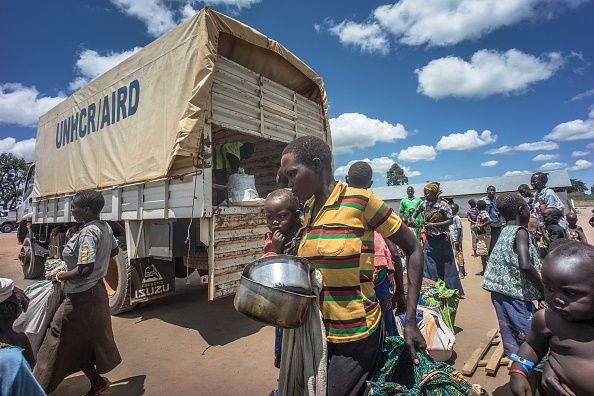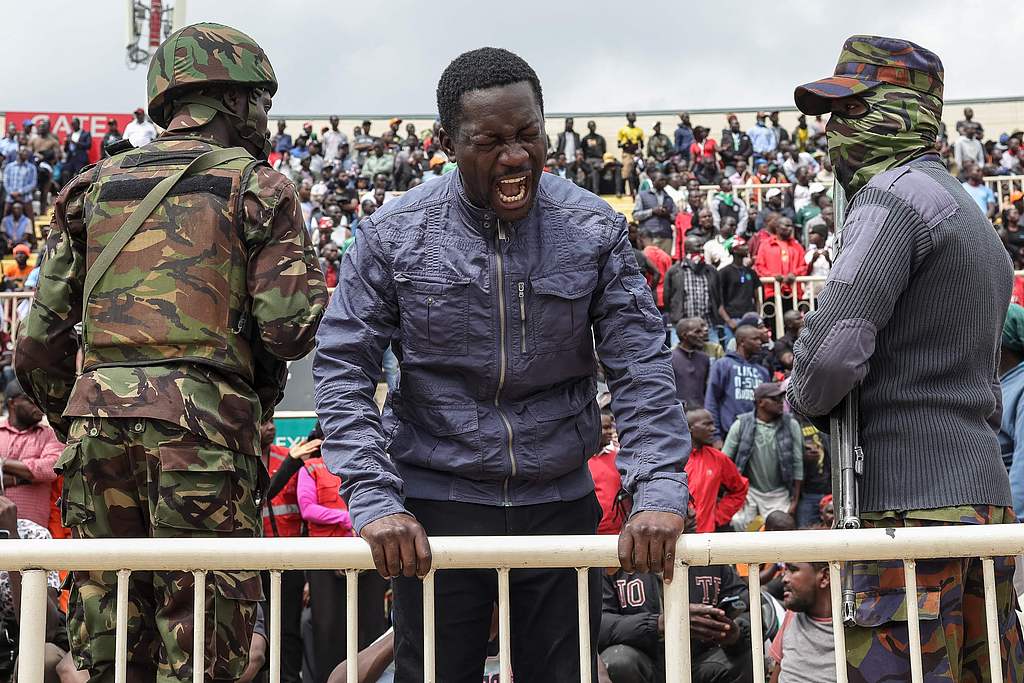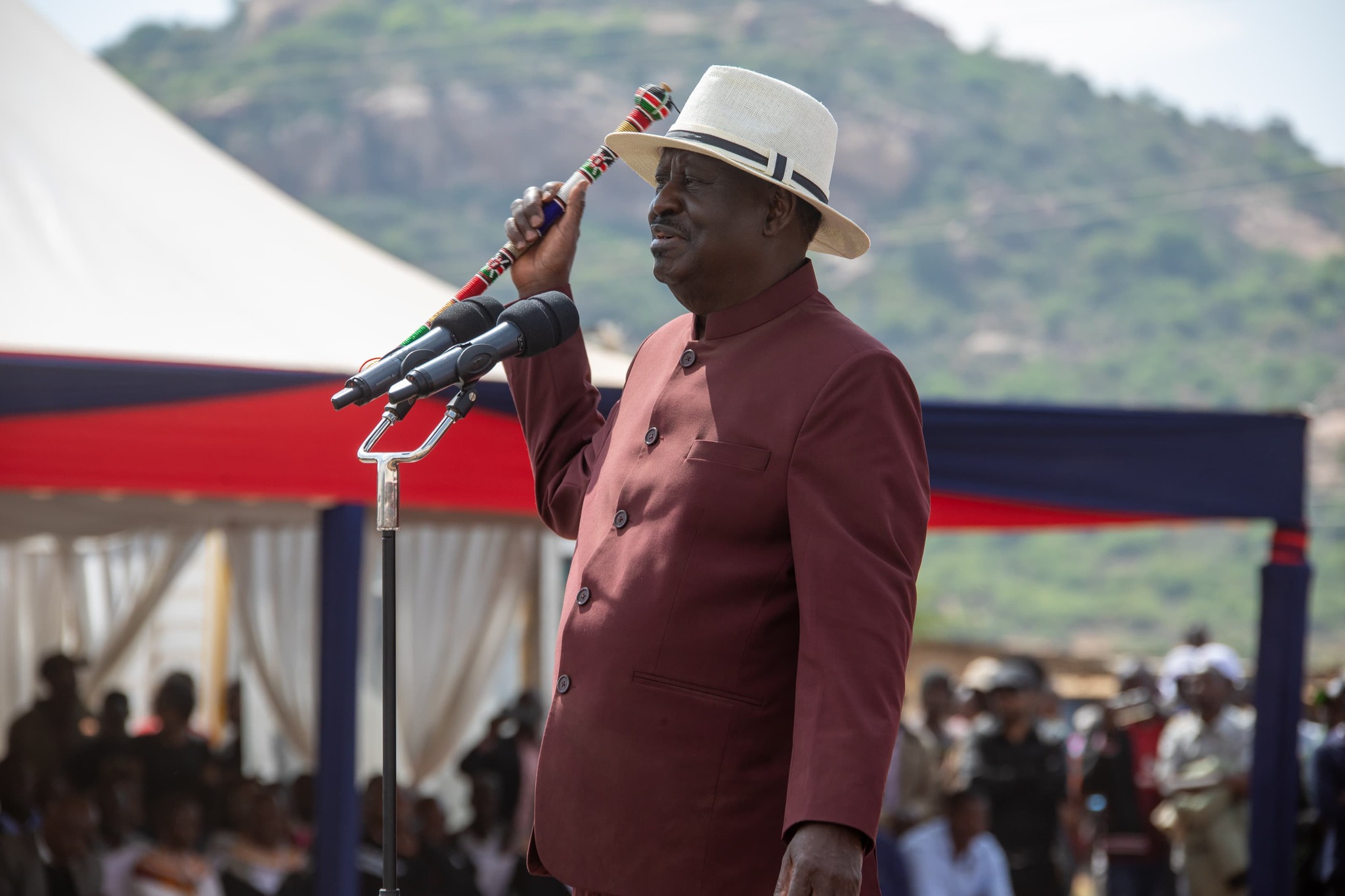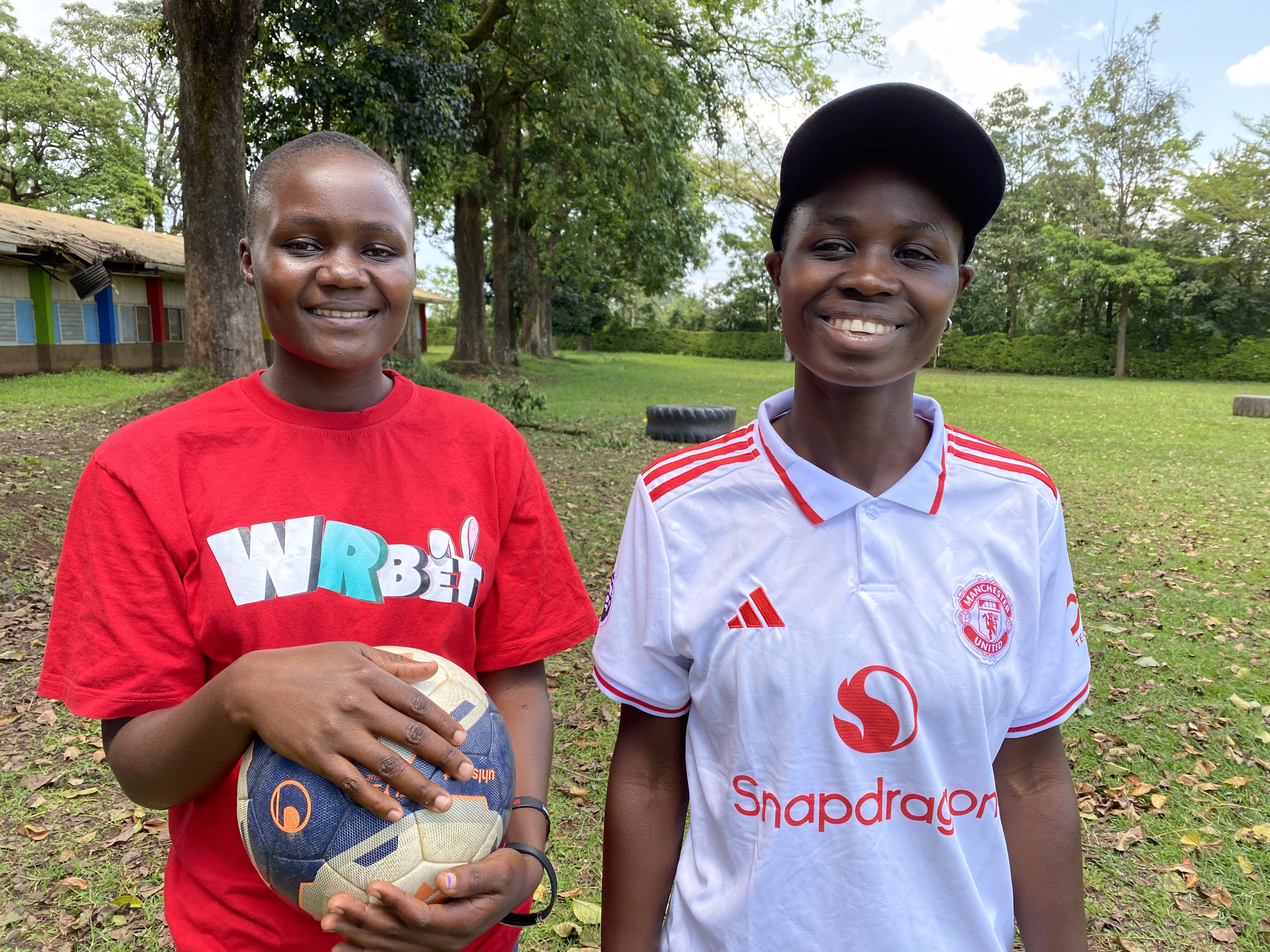
10 refugees missing in North West Uganda after deadly clash with locals: UNHCR

The Kuluba refugee reception center is one of many reception centers in northern Uganda specially built to handle the hundreds of thousand of South Sudanese refugees influx. The reception center is where refugees are being registered by the UNHCR as refugees officially and they are only going to be staying here for 24-48 hours before being transferred to more permanent refugee settlements. (Photo by Geovien So/SOPA Images/LightRocket via Getty Images)
The UN refugee agency in Uganda on Tuesday said 10 refugees are still missing in a Sept. 11 deadly clash with the locals that left 10 refugees dead in the northwestern part of the country.
United Nations High Commissioner for Refugees (UNHCR) in a statement issued here also called upon authorities to search for the missing immediately.
The agency said on September 11, 10 South Sudanese refugees were killed, 19 others were injured, and one member of the host community was killed in Madi Okollo district.
The clash erupted after a dispute between locals and refugees near a shared water point at the Tika village in Rhino refugee settlement, where refugees from South Sudan refugees reside.
“The disproportionate violent reaction by the host community to a communal dispute signals a threat to the delicate balance of peaceful coexistence in the rural villages where refugees live alongside their Ugandan hosts,” said Joel Boutroue, the UNHCR Representative in Uganda.
“We urge for calm and are working with the authorities to ensure that additional security measures are adopted, and this deadly incident is investigated to help clarify the circumstances, including the role of local authorities,” Boutroue added.
UNHCR said it has immediately deployed teams on the ground to support refugees who are deeply traumatized by the attack and work with government counterparts and partners to respond to the needs of those affected.
Clashes between Ugandan nationals and refugees, mainly of South Sudanese origin are common in the East African nation which hosts about 1.4 million refugees.
In December last year, four people were killed and 16 others injured following a clash between South Sudan refugees and the local community in Uganda’s northwestern district of Adjumani.
In July, three South Sudan refugees in Uganda were killed, six injured and hundreds displaced after tribal clashes erupted at the Palorinya refugee settlement, in the northwestern district of Obongi.






